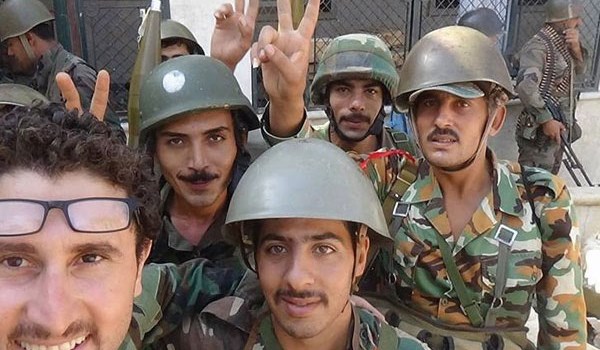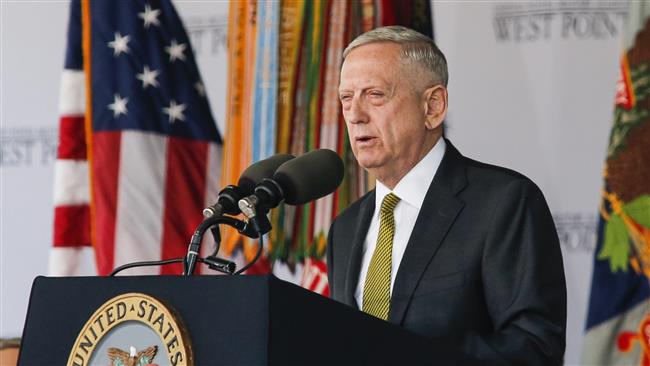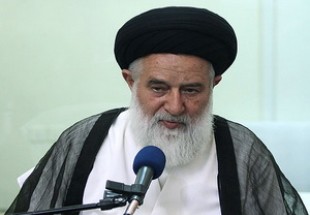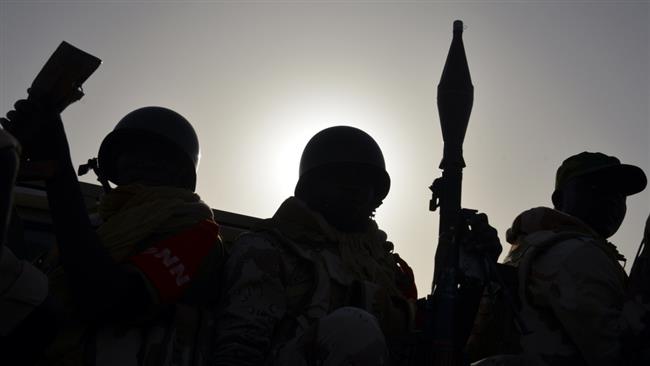Parliament Day in Iran
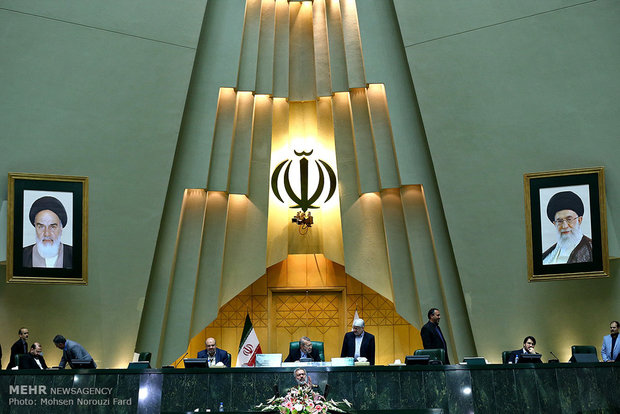
Majlis Day honors the role of the Iranian parliament, known as the Majlis of Iran, in the democratic process and highlights the importance of the legislative body in Iran’s political history.
Majlis Day in Iran is celebrated on November 30 each year to commemorate the establishment of the first Iranian parliament.
Majlis Day celebrated on November 22 in Iran, marks the establishment of the first Iranian parliament in 1906.
This day is of prime importance in the context of Iran’s constitutional revolution, which aimed to limit the power of the monarchy and establish a parliamentary system.
The occasion serves as a reminder of the significance of democratic principles and the struggles faced in pursuing a parliamentary system in Iran.
How Iranians celebrate this occasion
Government officials and the public take part in varied ceremonies, including speeches reflecting on the importance of the Majlis and its role in Iranian democracy.
Schools and universities often hold discussions and lectures about the constitutional revolution and the significance of parliamentary democracy in Iran.
You might find exhibitions, performances, and cultural programs that highlight Iranian history, literature, and the arts, celebrating the ideals of freedom and democracy.
There is usually extensive coverage in the media, including articles, documentaries, and programs focusing on the history of the Majlis and its impact on contemporary Iranian society.
Friends and families may gather to discuss the significance of the day and its relevance to current political events and the ongoing evolution of Iran’s political landscape.

Who Ayatollah Seyyed Hassan Modarres is
Ayatollah Seyyed Hassan Modarres was a prominent Iranian cleric and politician known for his significant role in the Iranian constitutional revolution and later political developments.
Born in 1870 in Iran, Modarres studied religious sciences and became well-versed in Islamic jurisprudence. He was particularly influenced by renowned clerics of his time.
Modarres was an advocate for constitutionalism and played a vital role during the Iranian Constitutional Revolution (1905-1911). He was a strong supporter of establishing a parliamentary system that limited the powers of the monarchy.
The figure served as a member of Majlis in its early years, where he actively participated in legislative processes and promoted democratic principles in governance.
Modarres became known for his opposition to authoritarian rule, particularly during the reign of Reza Pahlavi. He advocated for the rights of the people and pressed for reforms that aligned with Islamic values and the ideals of the constitutional movement.
Due to his outspoken opposition to the Shah’s policies, Modarres faced repression, including imprisonment and exile. His resistance made him a symbol of the struggle for democracy and religious authority in Iran.
Modarres is remembered as a major figure in Iran’s political history, symbolizing the intertwining of religious authority and political activism. His advocacy for justice, constitutional rights, and the voice of the people continues to resonate in discussions about governance in Iran.
The senior cleric played a pivotal role in the Iranian parliament during a critical period of Iranian history and became known for his staunch opposition to the Pahlavi regime.
Role of Modarres in the Iranian Parliament
As a member of the Majlis, Modarres was a strong advocate for constitutional democracy and sought to uphold the principles established during the Iranian Constitutional Revolution.
He worked to ensure that the Parliament had the authority to legislate and that the monarchy’s power was limited.
He was influential in legislative discussions, using his position to promote laws that protected the rights of the people and aligned with Islamic values. His experience as a cleric helped him frame social and political issues in a manner that resonated with the public.
The cleric emerged as a leading figure among the clerics and intellectuals opposing the authoritarian policies of the Pahlavi regime. His presence in Parliament represented a voice for the traditional religious leadership and the populace who were disillusioned with the monarchy’s direction.
Modarres used public speeches and writings to articulate his criticism of the Pahlavi regime, denouncing its autocratic practices and advocating for the rights of Iranians. His eloquence inspired many and galvanized support against the oppression of the monarchy.
He argued that the regime’s secular policies were incompatible with Islamic values.
Modarres faced significant repression, including imprisonment due to his political activities and criticisms of the regime. Despite the threats to his safety and freedom, he remained committed to his cause, showcasing his resilience.
He emphasized the role of the clergy in political and social matters, arguing that religious leaders should govern per Islamic principles. This position was vital in rallying clerical support against the Pahlavi monarchy.
Modarres’s active resistance ultimately led to his assassination in 1937. His death was seen as a significant loss for the movement supporting constitutional rights and religious authority in Iran.
His murder was symbolic of the regime’s intolerance of dissent and its willingness to eliminate opponents. His death fueled further opposition and solidified his legacy as a martyr for the cause of democracy and justice in Iran.
Modarres is remembered as a key figure in Iran’s struggle for democracy. His legacy continues to inspire discussions about the role of clerics in politics and the importance of upholding constitutional rights. His life reflects the persistent clashes between modernizing forces and traditional authority in Iranian history.
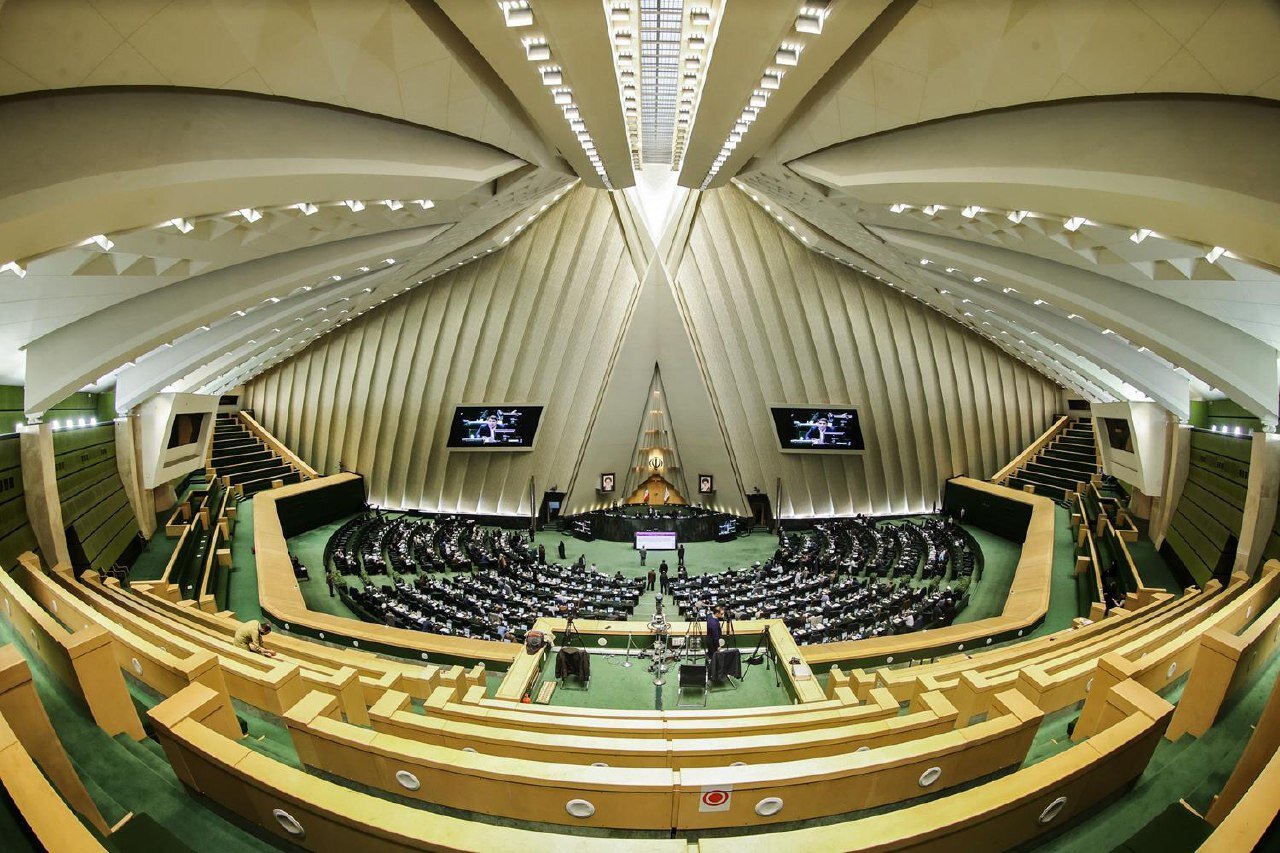
Structure of Majlis
The Majlis of the Islamic Republic of Iran has a unique structure and functions within the broader political framework of Iran. Here are the key elements that describe its structure and organization:
Composition
The Majlis is comprised of 290 Members of Parliament (MPs). They are elected directly by the people through a popular vote for a term of four years.
MPs represent various constituencies across Iran, with the number of representatives from each province based on its population.
Number of Seats
Voters will elect 290 members to serve in the Majlis.
Sessions
The Majlis typically meet in regular sessions, with specific schedules set for discussions and legislative activities.
Candidate approval
Candidates must be approved by the Guardian Council, which ensures that they adhere to Islamic principles and the values of the Islamic Republic. This council plays a significant role in regulating elections and vetting candidates.
This council ensures candidates align with Islamic principles and the political framework of the Islamic Republic.
Leadership
The Majlis has a leadership structure that includes:
The speaker is elected by the MPs and is responsible for presiding over sessions, facilitating debates, and representing the Majlis in formal and diplomatic matters. The current (as of 2024) speaker is Mohammad Bagher Ghalibaf. Typically, several deputy speakers assist the speaker in managing the parliament’s affairs and overseeing different committees.
Committees
The Majlis is divided into several specialized committees, each focusing on specific areas, including:
“Economic Committee”, “Foreign Policy and National Security Committee”, “Education and Research Committee”, and “Health and Medical Care Committee”.
These committees play a vital role in analyzing proposed legislation, conducting hearings, and preparing reports that inform decisions in the plenum.
Legislative process
The legislative process involves the following key steps:
Laws can be proposed by individual legislators, government ministers, or through public initiative. After a law is proposed, it is debated in general sessions of the Majlis, where MPs discuss its merits and implications. The proposed legislation is referred to the relevant committee for detailed examination and recommendations. After committee review, the proposal is brought back to the full Majlis for debate and voting. A simple majority is usually needed for approval. Once the Majlis passes a law, it is sent to the Guardian Council for review. The council checks the legislation for compliance with Islamic law and the Constitution. If the council approves it, the law is enacted; if not, it can be sent back for revision.
The Majlis has oversight responsibilities regarding the executive branch. It can question government officials, including ministers, conduct investigations into governmental performance, and initiate impeachment proceedings against ministers if deemed necessary.
Reported by Tohid Mahmoudpour
